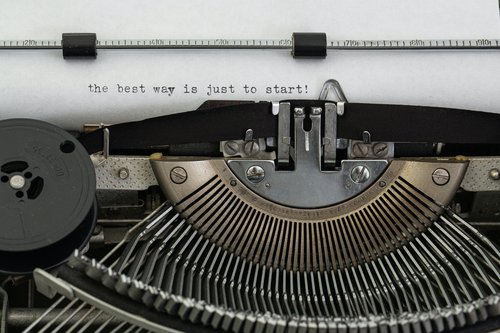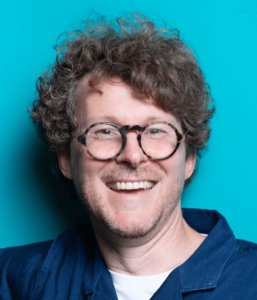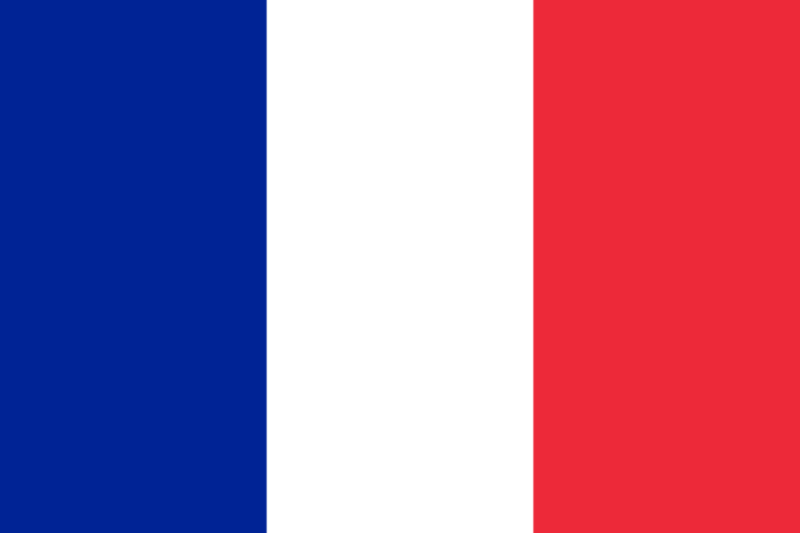
3 tips to really learn vocabulary #1
We all need to learn vocabulary, so what’s your technique for learning new words?

3 tips to really learn vocabulary #1
We all need to learn vocabulary, so what’s your technique for learning new words?
Whatever your level of English is you know the feeling of looking for your words. Probably you feel that frustration of knowing you know the word, but can’t find it when you need it. Perhaps it stops you from speaking completely and you block.
Of course this happens to everyone. In English this feeling is so common that we have an expression for it: we say ‘it’s on the tip of my tongue’. You will remember the word. But only later, when it’s too late!
But for learners it’s really important to remember that this definitely happens to you in your native language as well. You just don’t worry about it – you don’t decide you need to go back to school because you couldn’t find a word! So stop worrying about it and instead just ‘try to say it again, but differently.’
Learning new vocabulary is the most common objective for most students: it’s the basis for learning a new language. But remembering a word and what it means isn’t the real objective. We need to be able to put them into a sentence, know when and in what context to use them and, above all, we need to be able to remember them when you need them!
So, with this in mind, here’s my first tip to help you to do it more effectively:
BE SELECTIVE
In all the excitement of starting a new language it’s natural to want to learn words.All of them. But there really are lots of them. I mean an awful lot. So the first step is to be selective, to chose which words you want to learn this week.
And of course, they are ALL useful – there is no ‘bad’ vocabulary, but some words will be more important to you right now.
Maybe you remember learning the parts of the body at school for example – knee, ankle, foot and so on. Perhaps you have never used them since which (might be a clue that they aren’t important for you today.) But if you were a doctor maybe they would be essential! Everyone is different and so you need to target the vocabulary that you want to learn: when will you speak English? In what situations? With whom?
When we decide to start something new we’re motivated (and often impatient!). But learning a language is definitely a marathon and not the 100metres. So try not to be too ambitious or demanding; you really don’t need to chose 40 or 50 new words a week. Unless you have nothing else to do it’s probably too many.
10 or 20 per week is plenty to begin with, although this is just a guide – if you identify 25 words one week and only 9 the next you will not explode! The world will not end. And of course vocabulary is not just ‘words’ but could also be phrases or expressions, so sometimes the vocabulary will be more challenging to learn.
So: don’t be too critical if you find yourself ‘looking for your words’ – everybody does it! And it’s important to be focussed and selective: what vocabulary do you want to learn?
Next time I want to tell you about an active technique you can use to help you really remember and use the words you need to know


